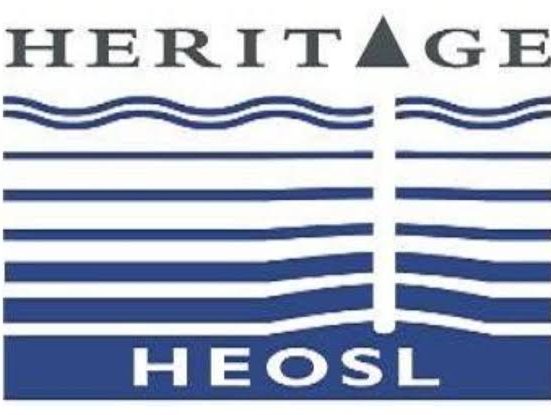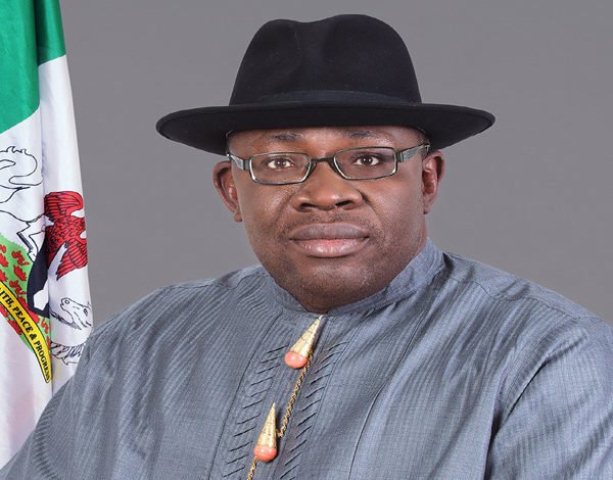PIA: Petroleum Upstream Commission commences 3-Day stakeholders’ engagement forum
The Nigerian Upstream Petroleum Regulatory Commission (NUPRC), on Wednesday in Abuja, commenced a three-day stakeholders’ engagement forum on draft regulations under the Petroleum Industry Act (PIA) 2021.
The Next Edition reports that the Act was signed into law on August 16, 2021.
A release by the Commission made available to the Next Edition on Wednesday, April 20, 2022, said the Stakeholders’ Consultation Forum would be the first in a series to be conducted by the Commission in line with its focus on prioritising regulations to meet the timelines in the PIA.
The release states, “The first phase of the engagement will involve discussions around issues dealing with royalty, licensing rounds, fees and rentals, burning issues on implementation of host community fund in line with Section 235 of the PIA and finalising the 2020 bid round through issuance of PPL in line with Section 94 (2) of the PIA.
ALSO READ: By June, we expect marginal field awardees to begin drilling for oil — NUPRC
“Others include the Nigerian Upstream Fee and Rent Regulations, Petroleum Licensing Round Regulations, Domestic Gas Delivery Obligations Regulations, Nigeria Conversion Regulations, Nigeria Royalty Regulations and the Nigeria Host Community (Commission) Regulations.”
According to the Commission, the draft regulations were prepared by NUPRC in conjunction with the Presidential Steering Committee (PSC) on the PIA; and the consultative forum is tailored to harvest inputs and considerations of oil and gas stakeholders on the draft regulations for smooth implementation of the PIA.
Minister of State for Petroleum Resources, Timipre Sylva, who declared the meeting open, emphasised the need for effective regulations in harnessing the gains of the Act for global relevance.
He noted that for Nigeria to continue to be relevant on the global stage, it must design regulations that can balance the energy base load for Nigeria.
The minister who is also the chairman of the PSC said effective regulations would ensure that Nigeria was not left behind in the energy transition train while still harnessing rich natural hydrocarbon reserves.
He expressed hope that the input from various stakeholders would further clarify the draft regulations and eventual firming up of the final regulations for use. “I am hopeful that the regulations when fully implemented will help in no small measure in the smooth take-off of the day-to-day operations of the NUPRC,” he added.
According to him, government has a mandate of ensuring sound management of the oil and gas sector considering the key role the sector plays in revenue generation for the country. It was on the basis of this that the PSC played a critical role in collaborating with the Commission in drafting the first set of regulations for review.
The minister, therefore, called for more innovative ways in fossil fuel exploitation and exploration in Nigeria, just as he decried the challenges posed by huge divestments in the hydrocarbon explorations by oil majors in the past due to global energy transition.
NUPRC’s Chief Executive, Engr Gbenga Komolafe, explained that the event – Stakeholders consultation for Regulations, is a statutory prescription and a critical milestone in the implementation of the PIA.
“For us as a law-abiding Regulator and in compliance with the provisions of the PIA, this occasion is convened for stakeholders to make robust input and have discussions around the entire draft Regulations leading to finalising the Regulations for the Nigerian Upstream oil and gas industry in fulfilment of the provisions of the PIA.”
He said that aside the statutory imperative on the part of the Commission to have the Regulations finalised in time specific manner, there is also the compelling need for Nigeria, as a nation, to conclude the regulations-making process for implementation of the PIA to be in full throttle in a manner that the country can hedge against the impact of energy transition and take advantage of the oil and gas supply gap resulting from the current developments in Russia and Ukraine.
Engr Komolafe noted that participants at the forum are a fair representation of the diverse stakeholders in the Nigerian upstream oil and gas industry, “and this has been consciously done to ensure robust input and result-oriented discussion in the finalization of the regulations.”
Preceding the engagement, the Commission had published notices of stakeholders’ consultation in two national newspapers in conformity with provisions of Section 216 (4) of the PIA, uploaded the draft Regulations on its website and received input from stakeholders. All these were done to make the engagement seamless and ensure the robustness of the regulations so that the intent of the law is well achieved,” the statement said.
The Commission was optimistic that the engagement will be fruitful, and all grey areas will receive adequate clarification with a view to giving meaning to the intent of the PIA and in a manner that the Regulations become attractive to investors and user friendly in implementation.
Also, at the opening ceremony were the Chairman Senate Committee on Upstream Petroleum Resources, Chairman Senate Committee on Host Communities, Chairman House Committee on Upstream Petroleum Resources, Chairman House Committee on Host Communities and some members of the National Assembly.
By Ebi Perekeme
Support Quality Journalism in the Niger Delta Region
Join us in our mission to bring development journalism, cultural preservation, and environmental awareness to the forefront. Your contribution makes a difference in the lives of the people of the Niger Delta. Donate today and be a part of the change!








